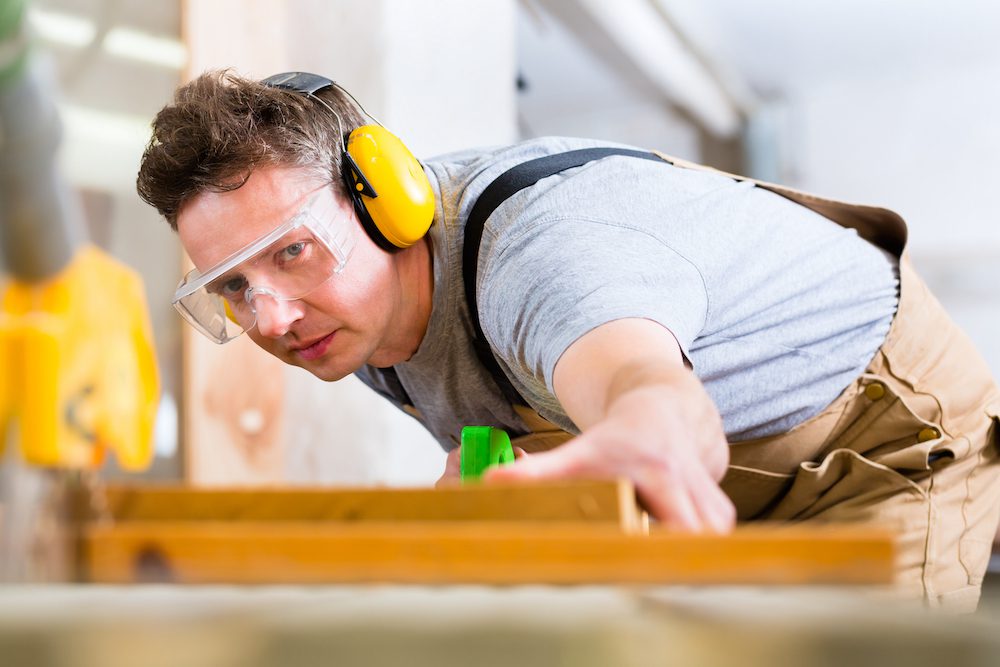The Importance of Regular Hearing Aid Adjustments and Reprogramming
Hearing aids play a vital role in helping individuals with hearing loss


Hearing aids play a vital role in helping individuals with hearing loss

Hearing can change over time, often gradually enough that it’s easy to

As individuals age, our bodies undergo various changes. For older adults,